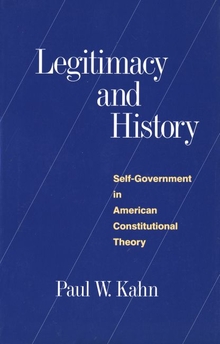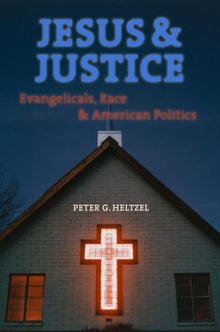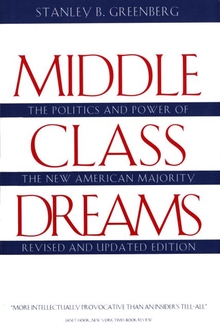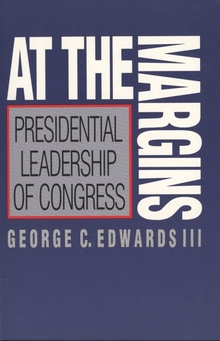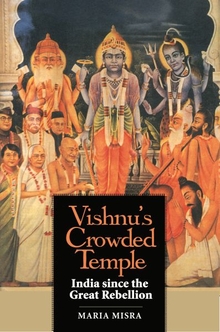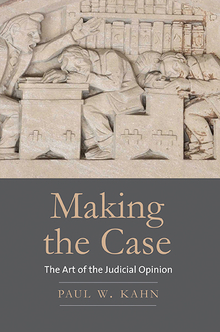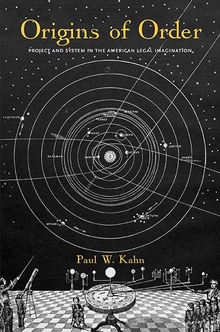Legitimacy and History
WARNING
You are viewing an older version of the Yalebooks website. Please visit out new website with more updated information and a better user experience: https://www.yalebooks.com
Self-Government in American Constitutional Theory
Paul W. Kahn
Rejecting the conventional idea that constitutional thought has been shaped by political and social events, Kahn argues that the history of constitutionalism has been driven by logic, not experience. He brings this perspective to the familiar events of constitutional history, including the founding, the crisis of Dred Scott, Lincoln's Gettysburg Address, the rise of the Lochner Court, the assault of legal realism, and the rise of the countermajoritarian difficulty. Kahn describes a series of conceptual stages in constitutional history. He shows that the founders' project of constitutional construction was displaced by originalism, which was in turn displaced by the idea of an evolving constitution. The turn to community in contemporary constitutional theory, Kahn argues, represents the final step in this development. At this stage, the theory and practice of constitutional law split apart. This separation is the inevitable result of the effort to do the impossible: reconcile history and self-government.
The authority of the state, Kahn concludes, is bound to history in a way that makes government by the people impossible.
"I do not know of another book that participates in the constitutional dialogue with the mixture of historical perspective and acute critical eye displayed in this book. It demonstrates sweep, originality, careful criticism, and flashes of insight throughout."—Steven H. Shiffrin, Cornell University
"Legitimacy and History is a distinctive and important contribution to contemporary constitutional theory. A great strength of the book is that Kahn's discussion is so well informed historically."—Michael J. Perry, Howard J. Trienens Professor of Law, Northwestern University
"A fascinating and richly nuanced intellectual history and critique of American constitutional theory. It contains original and important insights not only about historical developments, but also about the predicament of contemporary constitutional thought. . . . Nowhere have I encountered a more engaging book about constitutional theory. Kahn brings a wealth of historical resources to bear, and he offers a probing analytical critique of the materials that he confronts. His description of recent works of constitutional theory is lucid, sometimes more so than the originals. He cuts to the heart of each theoretical effort and deftly exposes its primary weaknesses. . . What is more, he ties his book together with an original and provocative explanation of the historical progression of constitutional thought."—Daniel O. Conkle, Constitutional Commentary
"A rich and insightful history of constitutional theory in America."—Leslie Friedman Goldstein, Journal of Politics
"A perceptive history of American constitutional theory."—Paul L. Murphy, American Historical Review
"Fascinating and richly nuanced intellectual history and critique of American constitutional theory....[Kahn] cuts to the heart of each theoretical effort and deftly exposes its primary weaknesses."—Daniel O. Conkle, Constitutional Commentary
Publication Date: February 22, 1995

